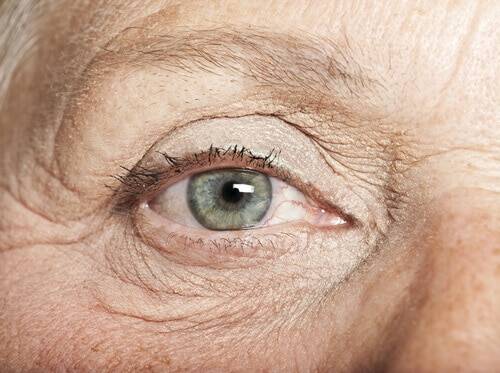
A simple eye test could soon reveal whether patients have Alzheimer’s disease, or if they are likely to develop the disease in the future. Researchers recently announced promising results associated with a study focused on a new test that can pick up on the disease years – if not decades – before the appearance of clinical signals.
This is big news considering that more than 5 million Americans currently have Alzheimer’s disease with that number expected to increase dramatically in the decades ahead.
The technology of this new eye test is based on the simple idea of identifying beta amyloids visible in the retina. Beta amyloids have been known to be linked to the disease. The brain-clogging amyloid plaques are considered an indicator of the disease and can be seen in the back of the eye, which is considered a mirror for brain health. If the test is successful, then screening for Alzheimer’s may become as simple as having your eyes examined.
“What makes it so unique is that the retina is actually an extension of the brain and so we think that a lot of the pathology that is occurring in the brain may also be occurring in the retina,” said New York University Langone Medical Center neurologist Dr. James Galvin.
Australian researcher Shaun Frost tested 40 people using a liquid form of curcumin, which is the natural substance that makes curry appear yellow. Curcumin sticks to beta amyloids allowing doctors to spot the proteins via a simple eye test. Frost found that the test positively identified 100% of participants who had Alzheimer’s.
Although Alzheimer’s disease has no known cure, early detection is the key goal in administering treatments to slow its progression. Medicines to help treat symptoms of Alzheimer’s have been shown to be more effective when prescribed during the early stages of the disease. More importantly, to develop new therapies, doctors need to be able to identify people at the earliest stages of the disease.
Currently Alzheimer’s is detected through spinal taps or PET scans, which are invasive, expensive, and not always readily available. The developers of this revolutionary eye test say it can predict the onset of the disease 15 to 20 years before clinical diagnosis.




